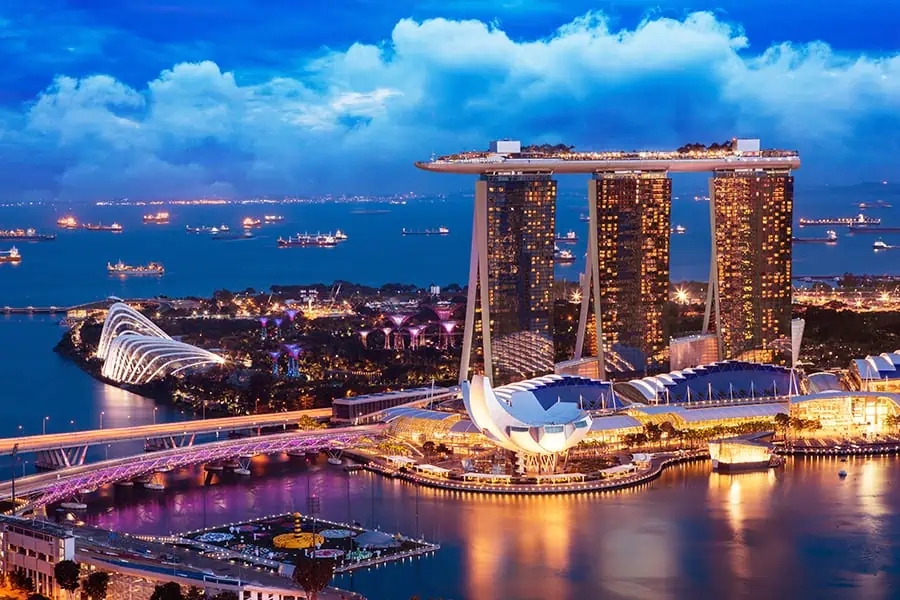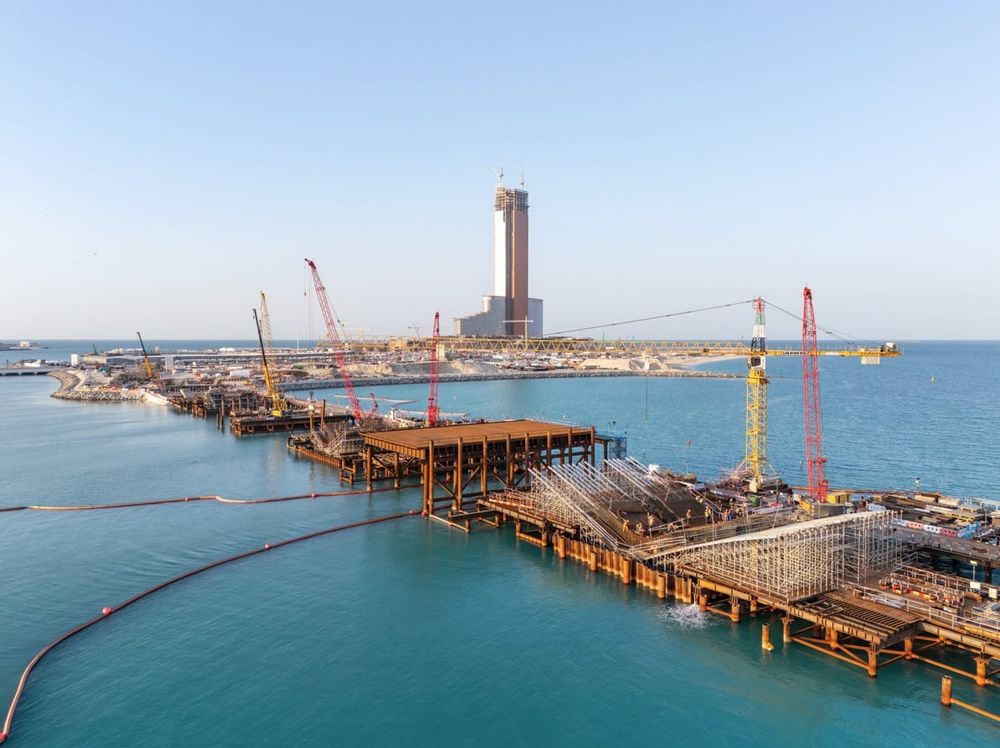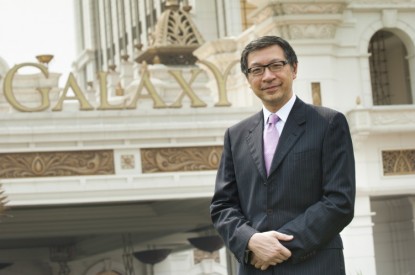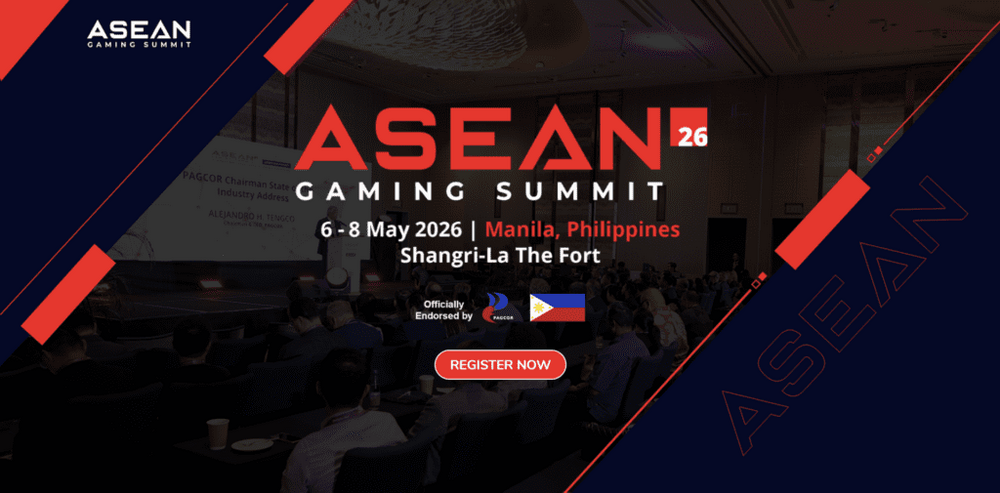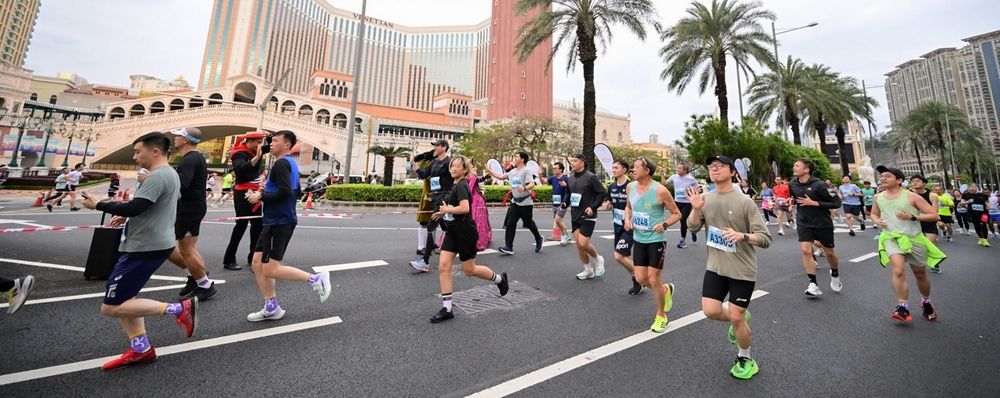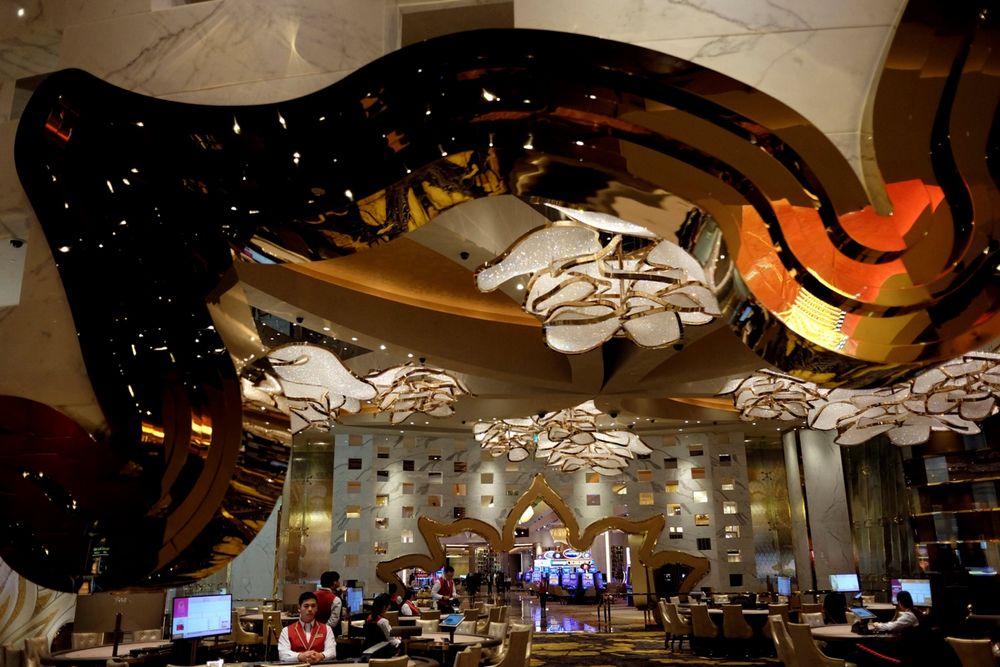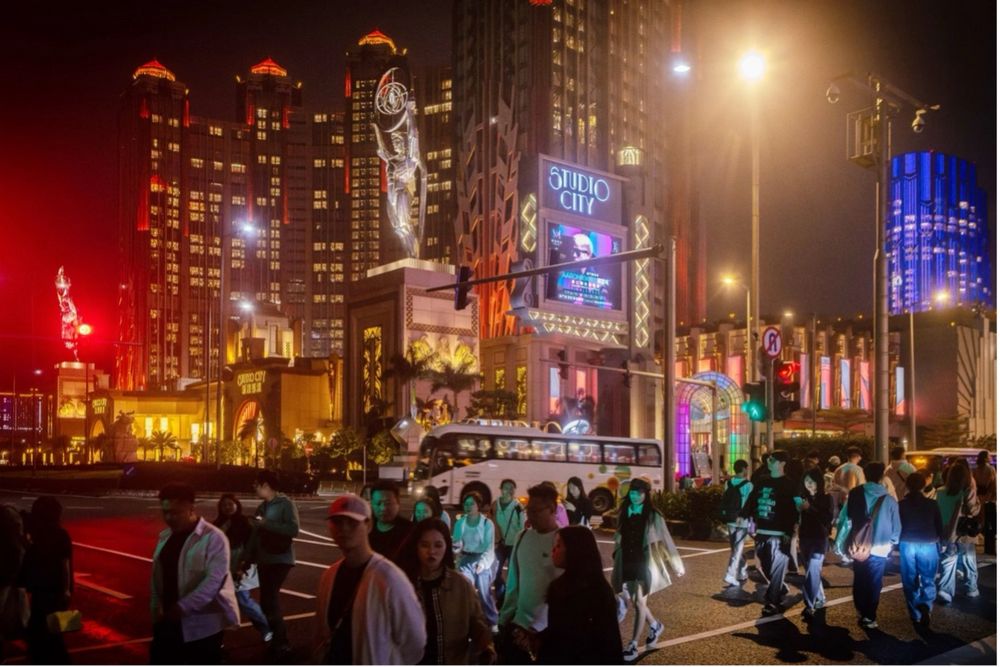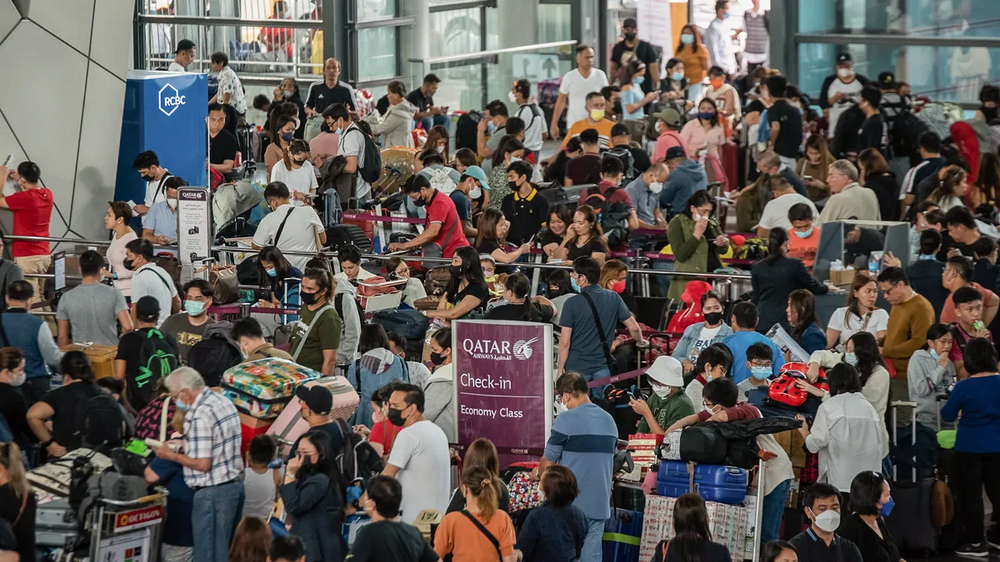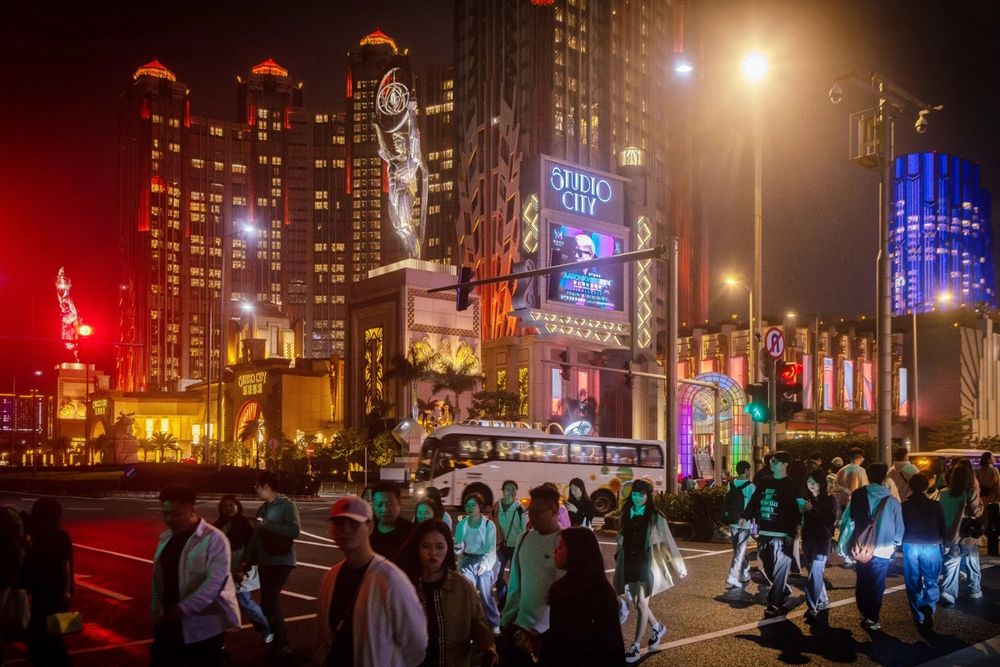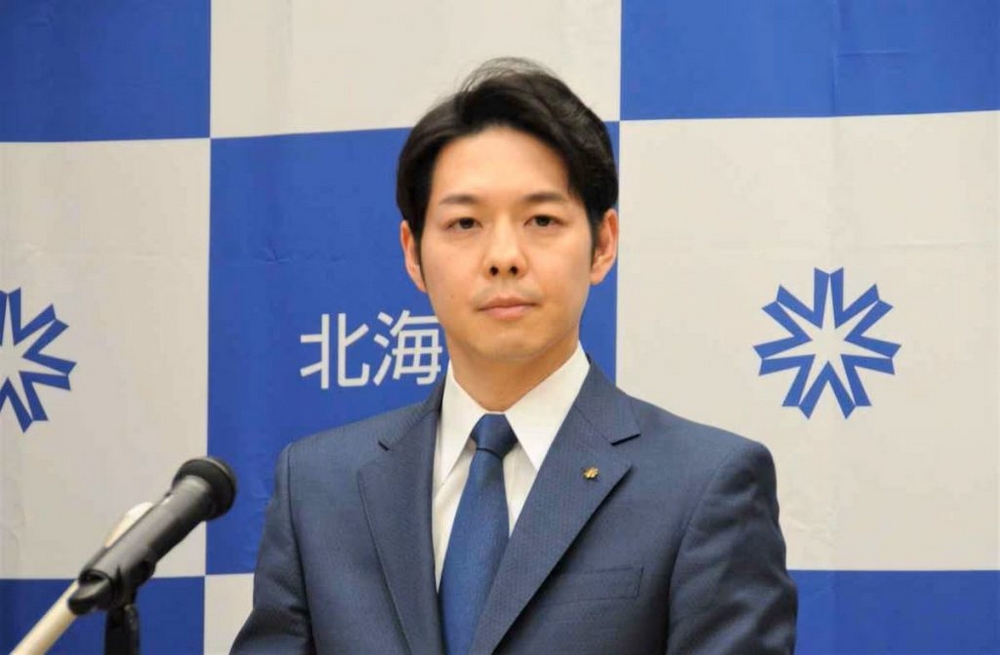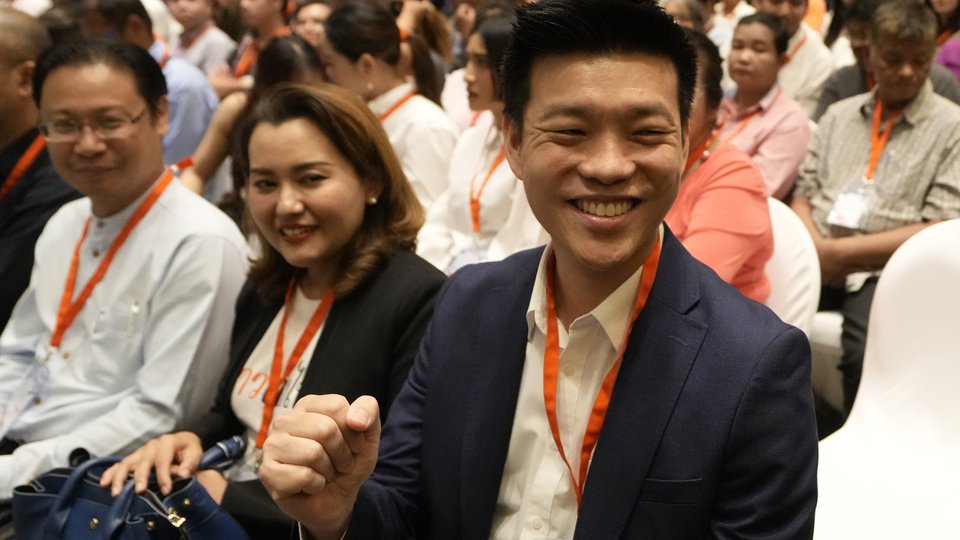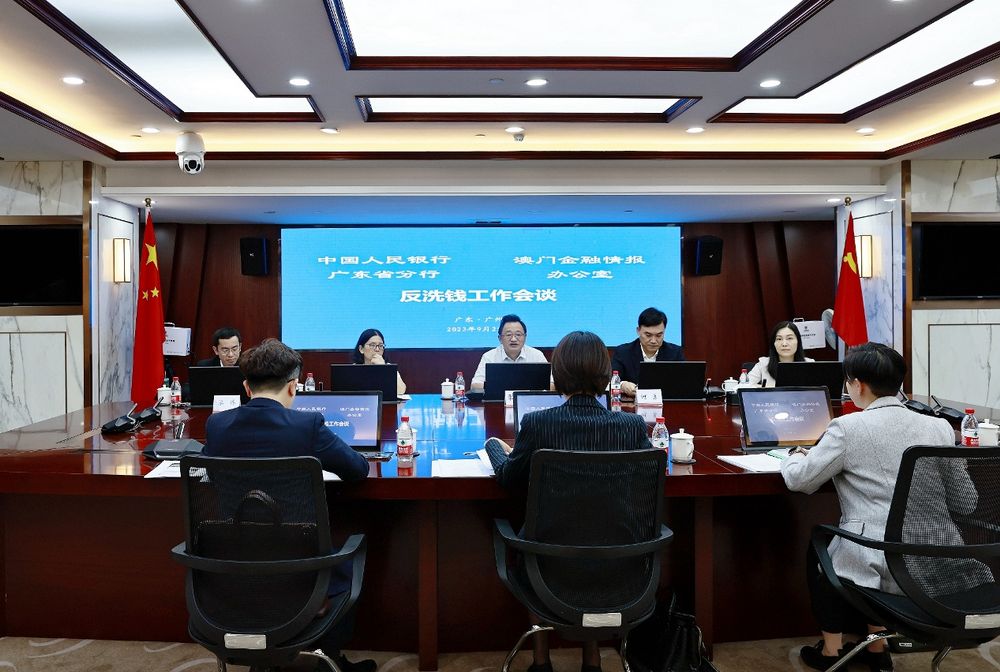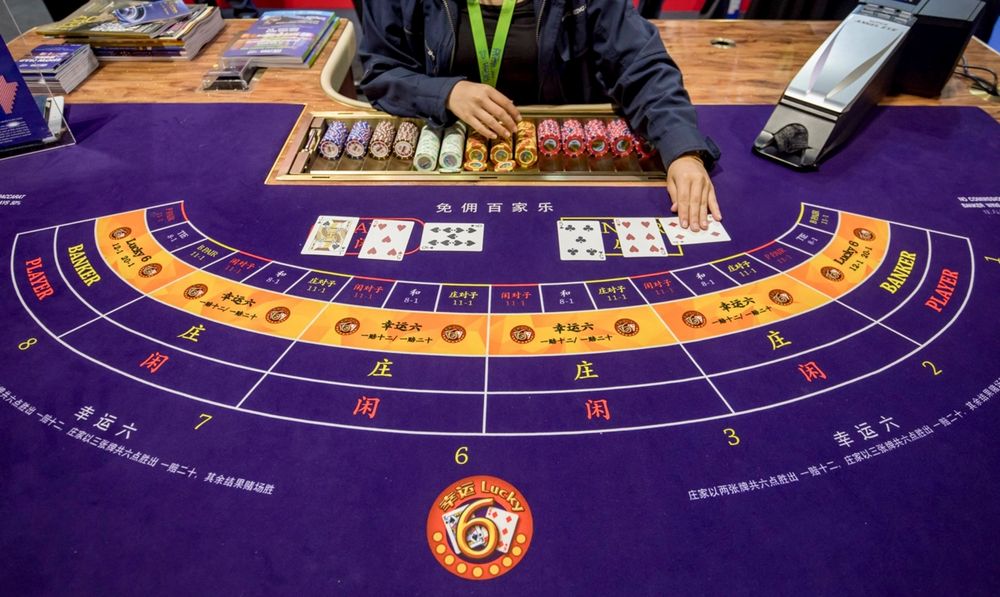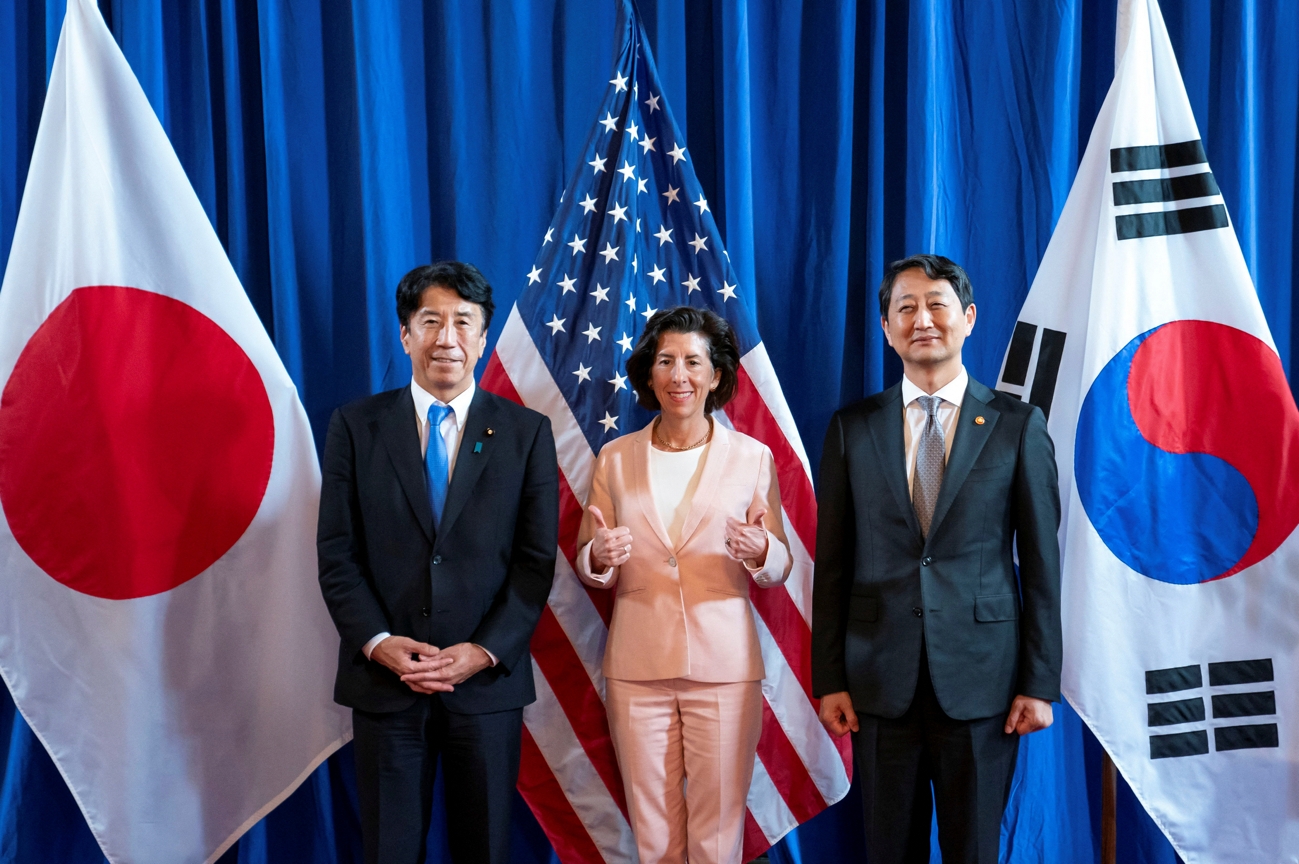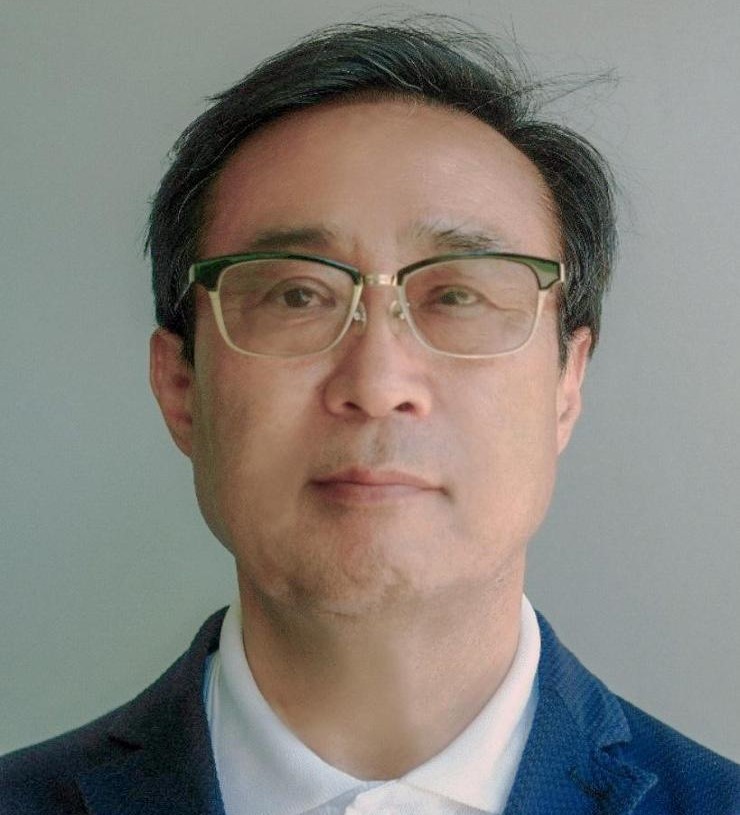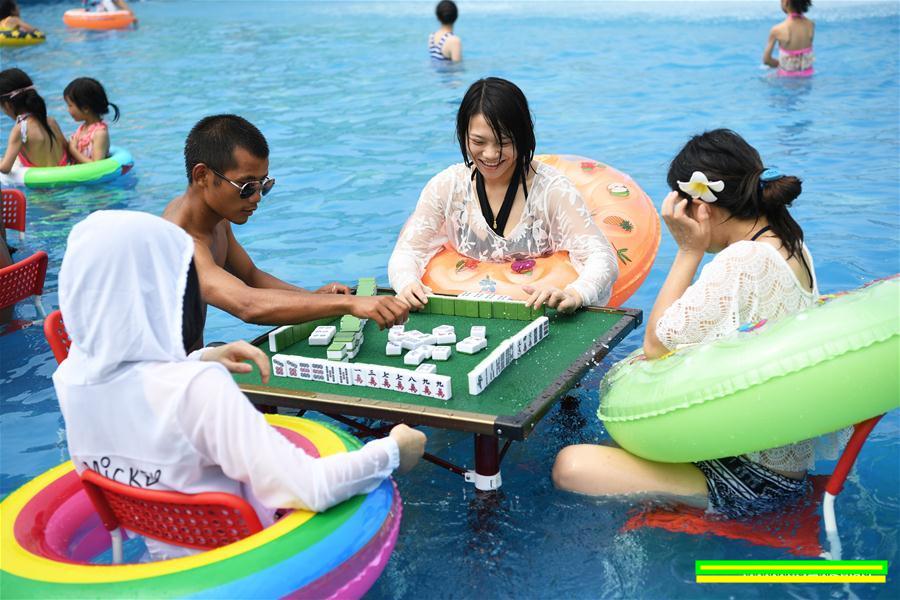South Korea needs a policy “white paper” on the role and future of its own casino industry, in the face of a “big threat” competition-wise from a Japanese integrated resort (IR) with casino, MGM Osaka, due to open in 2030.

That is according to Yang Hyung-eun, a researcher of the Institute of Amusement Industry Studies at Osaka University of Commerce, in Japan. His thoughts are in an opinion article in the Korea Times, published last week.
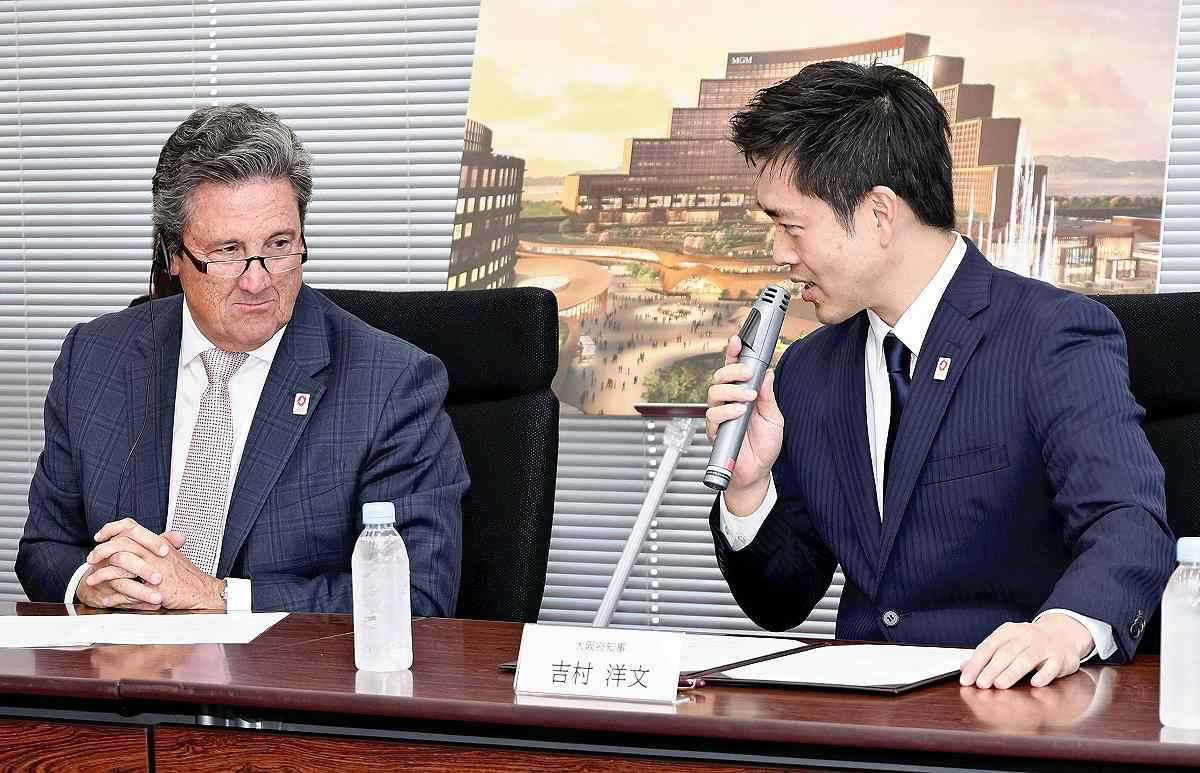
Scholar Mr Yang wrote that the eventual launch of Japan’s MGM Osaka, possibly in six years, “will pose a big threat to [South] Korea’s casinos with a 60-year history,this was already predicted from the early 2000s. The [South] Korean government focused on regulation rather than promotion for the future.”
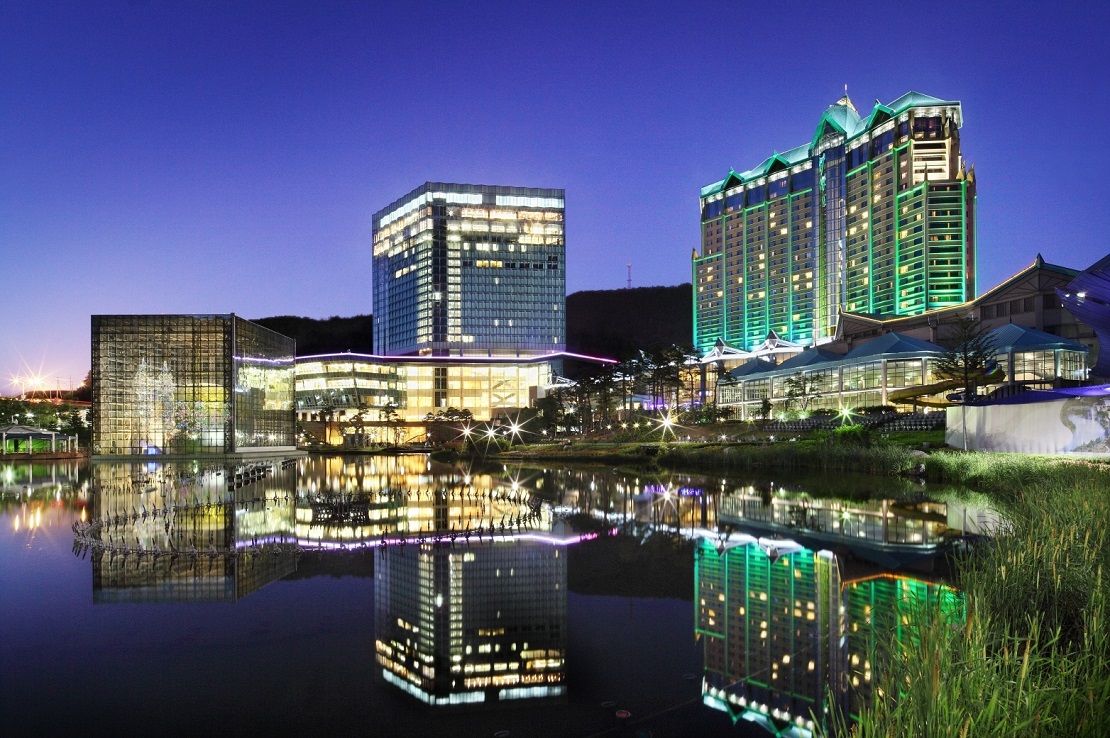
South Korea has 18 casinos, but only one of them – Kangwon Land – has gaming facilities open to local players. Regional competition for players is building in the wake of factors including China’s campaign on mainlanders gambling while overseas.
A number of investment analysts has commented on some public perception in South Korea of casino gambling being a socially-harmful activity, rather than one to drive economic growth, including foreign earnings from inbound tourism.
According to Mr Yang, “a ‘casino white paper’ is needed to prevent the same mistakes from occurring again.” He did not specify the supposed nature of such “mistakes”.
The scholar said that “for the sake of a ‘Korean-style IR’ [sector], a civic meeting of intellectuals should carry out a comprehensive review”.
Mr Yang said a minimum was to establish in South Korea what he termed an “integrated resort promotion headquarters”, as well as a casino regulatory commission. He referred in the article to Japan’s IR Promotion Headquarters, which he noted was “a unit designed to promote countermeasures against gambling addiction”.
“Now is the time for a future vision and philosophy” for the South Korean casino industry, he suggested.
A number of publicly-listed firms that run foreigner-only casinos in that market indicate that historically Japan and China have been important source markets for players.
China’s government has recently been running a campaign to discourage mainland residents from casino gambling when travelling abroad, which a number of investment analysts has suggested could impact casino-services demand in South Korea.
Kangwon Land Inc, the operator of Kangwon Land, has indicated recently it wants to seek business growth by pursuing the foreign-client segment, including via improved facilities.
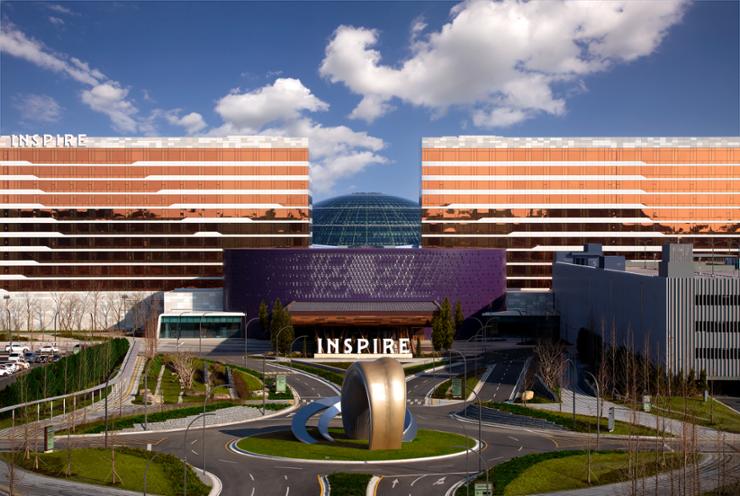
In March, a senior South Korean government official said in a speech that he hoped the recently-opened private-sector Mohegan Inspire Entertainment Resort at Incheon, which has an 15,000-seat concert arena as well as a foreigner-only casino, would boost what he termed “cultural tourism” to the country.
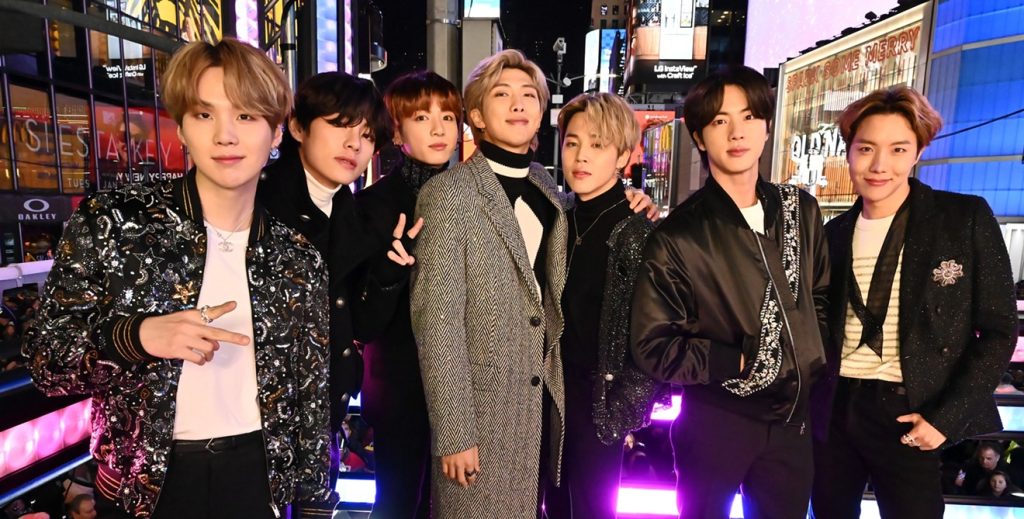

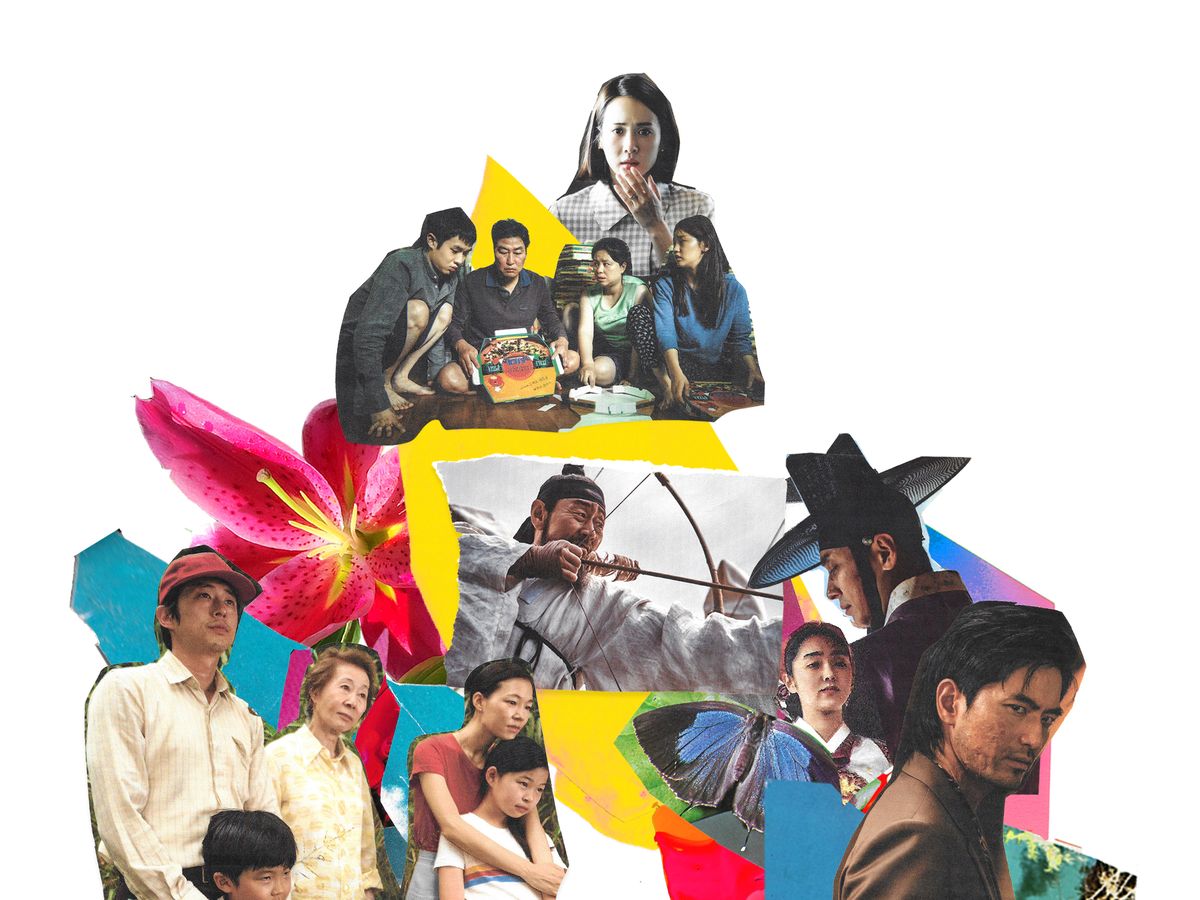
South Korean popular music, television soap operas, and clothing fashions are among cultural elements said to have a strong following across East Asia, according to some market research sources. Such elements have been consumer themes taken up in non-gaming facilities at the Paradise City casino resort at Incheon, according to materials from that venue’s promoters.











